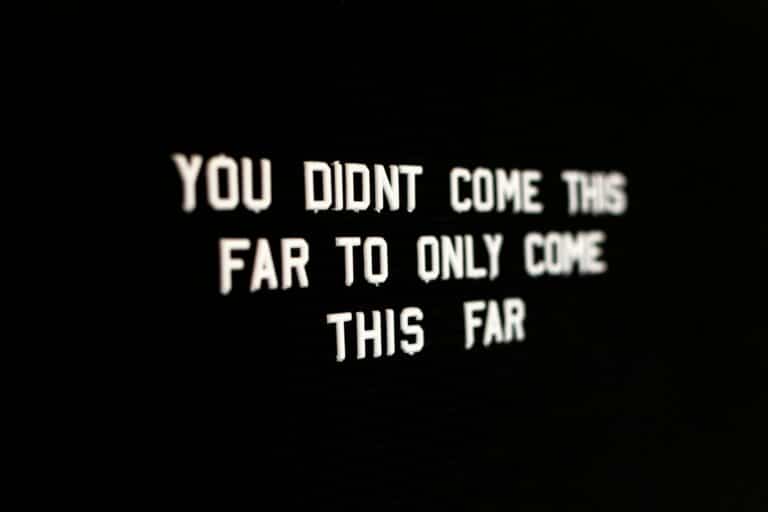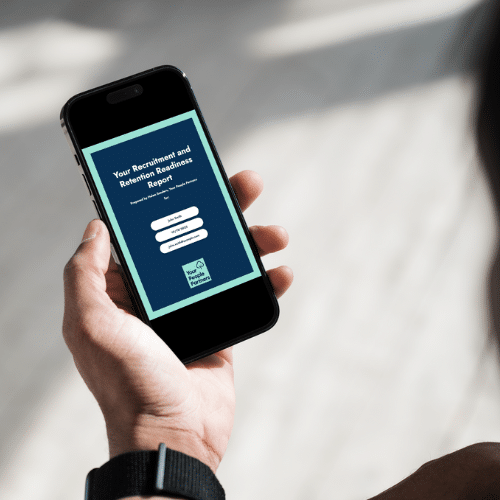Not sure how best to describe yourself in a job interview?
“Tell me about yourself,” is often the first question you hear at a job interview.
The hiring manager may be stalling because they haven’t had time to study your CV or they may realise that open-ended questions are an effective way to identify candidates who can fit in and perform well. In any case, they’re often deciding whether it’s worth continuing the interview based on how you answer this seemingly casual ice-breaker.
There’s a lot at stake, but you can make the situation work to your advantage. Learn how to describe yourself quickly and compellingly so you can land more job offers.
Welcoming the Job Interview Question
- Stand out from the crowd.
- While you may feel awkward when asked how to describe yourself in an interview, it’s really a golden opportunity.
- Think of it as an invitation to tell your potential employer what you want them to know about you and what makes you unique.
- Guide the conversation. Instead of waiting to see what the interviewer will do, you can steer the discussion toward your strengths and concerns.
- A good opening will prompt the interviewer to ask follow-up questions about areas where you shine.
- Determine your fit.
- Remember that you’re evaluating the company while they’re screening you.
- Do you sense a connection with the interviewer, especially if they’ll be your direct line manager? Are they listening attentively or shuffling papers? Your initial rapport may suggest what your working relationship will be like.
- Practice for real life. You rarely meet someone at a party who asks about your five-year plan. Most conversations are unstructured, so it can benefit you to learn how to sound articulate and make a good impression.
Answering the Job Interview Question
- Keep it professional. The interviewer is mostly interested in whether you can excel at the job and mesh well with the company culture.
- Talk about your career path and achievements rather than your family background and hobbies.
- Write it out.
- The ideal response time is about one to three minutes.
- Developing a ‘script’ enables you to check that you can cover each main point without sounding too long-winded.
- Rehearse your pitch. Practising your statement will help you to come across as competent and confident.
- You can practice in front of a mirror or recruit a friend who can give you feedback.
- Be flexible. It’s also important to sound natural. Even if you’ve delivered your pitch 50 times, you want to sound fresh and engaging.
- Customise your approach to describe yourself at a job interview.
- Just like you tailor your CV and cover letter to each employer, you can adjust your self-description to fit the situation. Depending on the position, you may concentrate on your accounting skills or your customer service orientation. Background research will help you determine what’s appropriate.
- Provide testimonials.
- While it’s essential to be able to talk about yourself, what others say about you is often even more influential.
- Mention the flattering comments you’ve received from clients and colleagues. You’ll also be showing the interviewer that you work well with others and appreciate feedback.
- Tell stories. Become an expert in describing yourself in a job interview.
- You’re more than a list of keywords (which is what your CV is!)
- Share interesting anecdotes … or evidence … that will make the interviewer remember you in a positive light.
- Create interest. Your self-description is like a movie trailer or the first chapter of a novel. Instead of trying to cram in your whole life story, make the interviewer want to hear more.
Walk into your next job interview ready and eager to talk about yourself and why you’re an outstanding candidate for the position. Focusing on the intersection between your strengths and the interviewer’s needs will help you to find a job you’ll love.
Still need help?
If you would like more advice ready for your interview or some further assistance with your job search, feel free to get in touch with the team at Your People Partners.
We love to people looking in the midst of looking for a new job. We are here to help!
- Please Stop Asking About Weaknesses in Job Interviews: A Better ApproachPhoto by deeznutz1 on Pixabay Are you tired of being asked the same old question in your job interviews, “What are your… Read more: Please Stop Asking About Weaknesses in Job Interviews: A Better Approach
- Ultimate 7 Sales Interview Questions and Answers Every Founder Must KnowHey there, fellow founder! As someone who has poured their heart and soul into building a thriving business, I know just how… Read more: Ultimate 7 Sales Interview Questions and Answers Every Founder Must Know
- It’s Time To Rethink Asking About Strengths And Weaknesses In Job InterviewsImage Source: FreeImages As a hiring manager or recruiter, one of the most common questions you may ask candidates in a job… Read more: It’s Time To Rethink Asking About Strengths And Weaknesses In Job Interviews
- How To Lead Marketing Job Interviews WellIf you run a company and are hiring marketing people, being really good at interviewing the best marketing candidates is crucial to… Read more: How To Lead Marketing Job Interviews Well
- The Best Job Interview Questions for Your First Marketing AssistantAre you hiring your first marketing assistant and have a job interview coming up? Congratulations! Landing your first marketing assistant in your… Read more: The Best Job Interview Questions for Your First Marketing Assistant
- How to be Successful at Job Interviews – Your Ultimate GuideCongratulations on scoring a job interview! Now it’s time to prepare yourself to showcase your best self and secure that dream job.… Read more: How to be Successful at Job Interviews – Your Ultimate Guide














